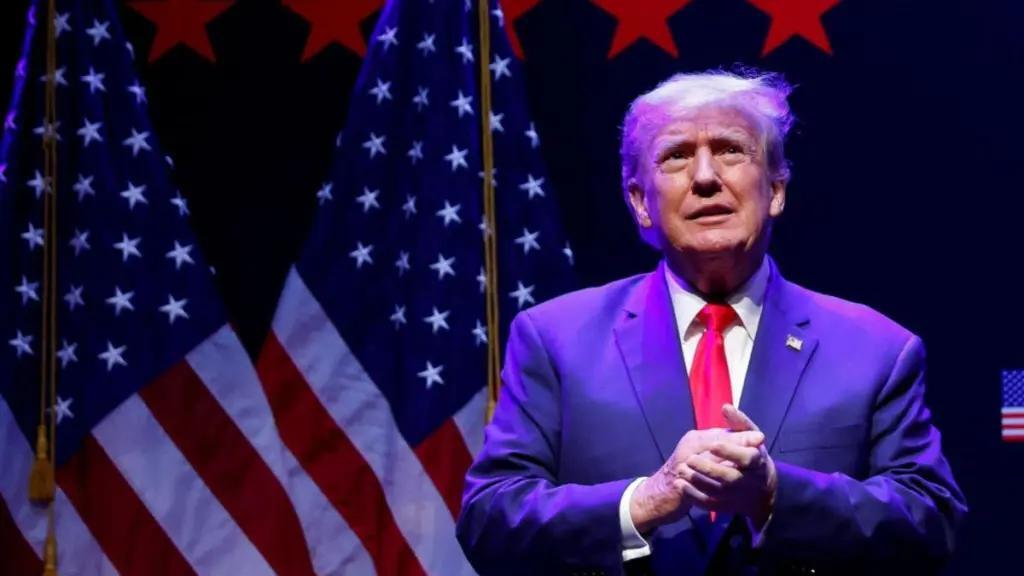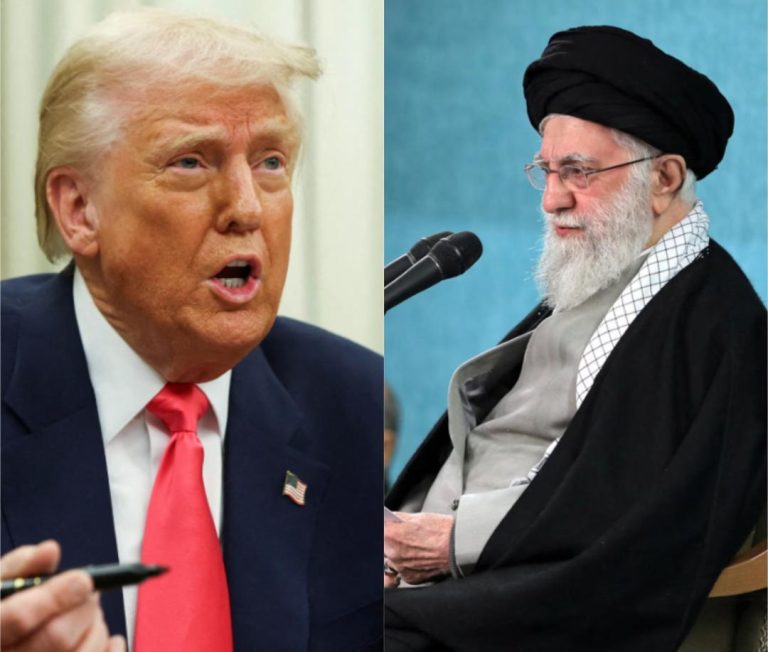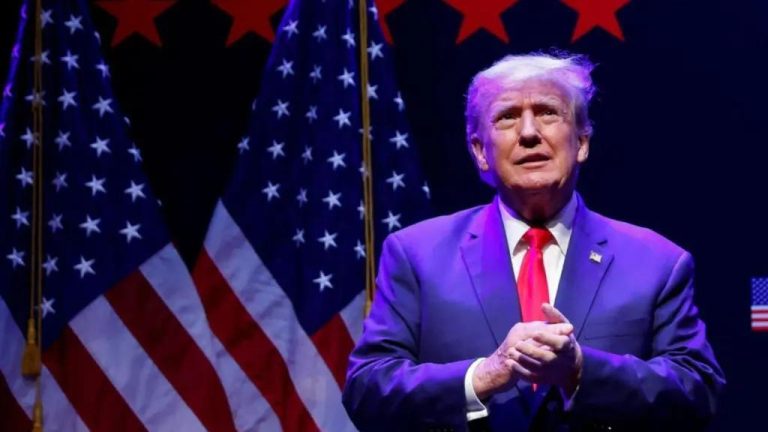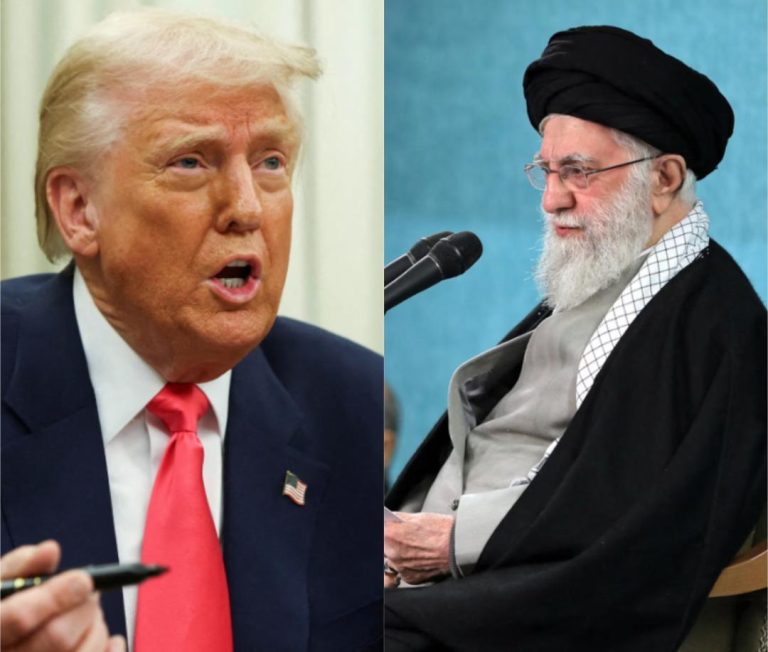
Donald Trump Exempts Smartphones & Computers from Reciprocal Tariffs
In a move that has sent shockwaves across the tech industry, United States President Donald Trump has excluded smartphones, computers, and other electronic items from the reciprocal tariffs imposed on Chinese goods. This decision comes as a major relief to tech giants such as Apple, who had voiced concerns that the tariffs would lead to a significant increase in the prices of their products.
According to a Customs and Border Patrol notice, the exemption applies to a wide range of electronic items, including smartphones, laptops, tablets, and desktop computers. The notice states that the exemption will remain in place until further notice, providing a temporary reprieve for consumers and tech companies alike.
The move is seen as a significant departure from Trump’s previous stance on tariffs, which has been characterized by a more aggressive approach towards China. In July, Trump imposed a 25% tariff on $34 billion worth of Chinese goods, including electronics, in response to China’s alleged unfair trade practices. The move was met with widespread criticism from tech companies, who argued that the tariffs would lead to higher prices for consumers and damage their businesses.
Apple, one of the largest tech companies in the world, had been vocal in its opposition to the tariffs, warning that they would lead to a significant increase in the prices of its products. In a statement, the company said that the tariffs would “harm American consumers and businesses” and “undermine the progress we’ve made in reducing prices and increasing access to technology.”
The exemption of electronic items from the tariffs is seen as a significant victory for the tech industry, which has been at the forefront of the trade war between the US and China. The industry has been one of the biggest beneficiaries of globalization, and has been heavily reliant on China as a manufacturing hub. However, the tariffs have put a significant strain on the industry, with many companies forced to absorb the increased costs or pass them on to consumers.
The exemption is also seen as a strategic move by Trump to avoid alienating his supporters in the tech industry. The industry has been a major source of jobs and revenue for the US, and Trump has been keen to maintain good relations with its leaders. By exempting electronic items from the tariffs, Trump has been able to achieve a key goal of his, while also avoiding a confrontation with the tech industry.
The move has also been seen as a sign of the growing tension between the US and China. The two countries have been engaged in a trade war for months, with each side imposing tariffs on the other’s goods. The exemption of electronic items from the tariffs is seen as a sign that Trump is willing to take a more nuanced approach to the trade war, and may be open to negotiating a deal with China.
However, the exemption is not without its limitations. The Customs and Border Patrol notice states that the exemption only applies to electronic items that are imported into the US, and does not extend to items that are manufactured in China and then re-exported to other countries. This means that tech companies that rely on Chinese manufacturing will still be subject to the tariffs, and may be forced to find alternative sources of supply.
In conclusion, the exemption of smartphones, computers, and other electronic items from the reciprocal tariffs is a significant development in the trade war between the US and China. The move is seen as a victory for the tech industry, which has been at the forefront of the trade war. However, it is also a sign of the growing tension between the US and China, and may be a sign that Trump is willing to take a more nuanced approach to the trade war. Only time will tell whether this exemption will lead to a lasting resolution to the trade war, or whether it will simply be a temporary reprieve.




